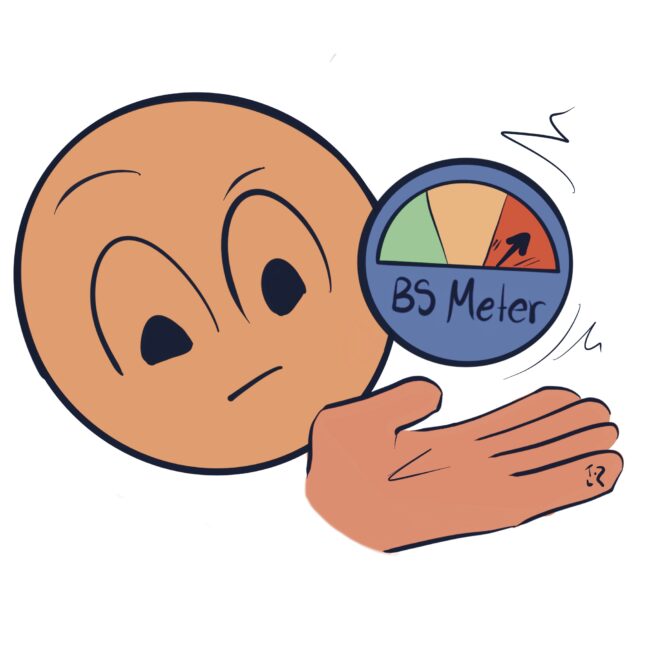Becoming a media master: Fallacies and how public opinion is swayed

You have probably noticed media conglomerates like CNN, FOX and NBC pushing their own agendas and bias. Why are they doing this though? And how can you identify it?
These billion dollar media conglomerates are still businesses after all. With the goal of maximizing profit, corporations such as AT&T (CNN), Comcast (NBC), Disney (ABC) and more are doing exactly that.
Many of these corporations that own the media companies have their own political biases to varying degrees. Although some corporations aim for well-balanced news coverage, others do not hide their favoritism.
Some more heavily biased right-leaning online media are Breitbart, FOX News, New York Post and Independent Journal Review. Left-leaning online news outlets include MSNBC, The Huffington Post, The New Yorker and Vox. It is common for these websites to not include all of the information given, or to frame the facts in a way that will trigger an emotional or irrational response. However, this sensationalism leads to increased ratings and profits, which is often the goal of media outlets because so many people allow their emotions to usurp their logic and critical thinking.
Following 9/11, the United States deployed troops into the Middle East, thus starting the Iraq War. In an effort to bolster support, U.S. intelligence claimed that Iraq had ‘weapons of mass destruction’ that threatened the lives of Americans. However, experts believed that Iraq was incapable of having these weapons. Despite criticism from a few, the majority of Americans and media outlets supported the war at the time because of hype, fear and a lust for revenge after what happened in New York. In 2004, editors from The New York Times issued an apology to the world for their not-thorough-enough fact checking, even though fact-checking is their job.
Like The New York Times, many media outlets have published unverified claims in order to avoid controversy. After learning from their past mistakes, The New York Times has been more reliable in recent years. You can combat these errors by looking for the same story or topic on other accurate, centered publishers. An asset more valuable than ever, knowing reputable news sources that shy away from drama and inaccuracies. Although it is rare for media outlets to not lean left or right, some accurate and unbiased online media outlets generally include: AP News, BBC, Reuters, Newsweek, The Bureau of Investigative Journalism and Wall Street Journal.
Corporations frame information in a way that best suits their own narrative. By doing so, framing issues in a way that suits their agenda retains satisfaction for loyal consumers, regardless if the information is biased or not.
As long as journalism has existed, editors have been selectively editing quotes, speeches and events, in order to push narratives for their employers. Identifying when information has been edited to push certain agendas can save you stress and time, as well as keeping you more informed than the general public.
Language is at the root of literally everything we do and consume. Good writers take advantage of this, using persuasive language to prove their point. Perceptions toward others are often created because of the descriptions people give them. Writers sometimes use language to portray characters within the news as heroes or villains, through the appeal to authority, generalizations, hyperbole, either-or fallacies and more. In fact, there are over 100 logical fallacies and the vast majority of people are completely unaware that the content they are reading is full of them. Even learning a few will help you ‘better identify bullshit from miles away’.
After five minutes of scrolling, we absorb more information than people thirty years ago could absorb in an entire day. Remember to take a step back from online overstimulation and re-evaluate the facts, graphics and posts presented to you.

